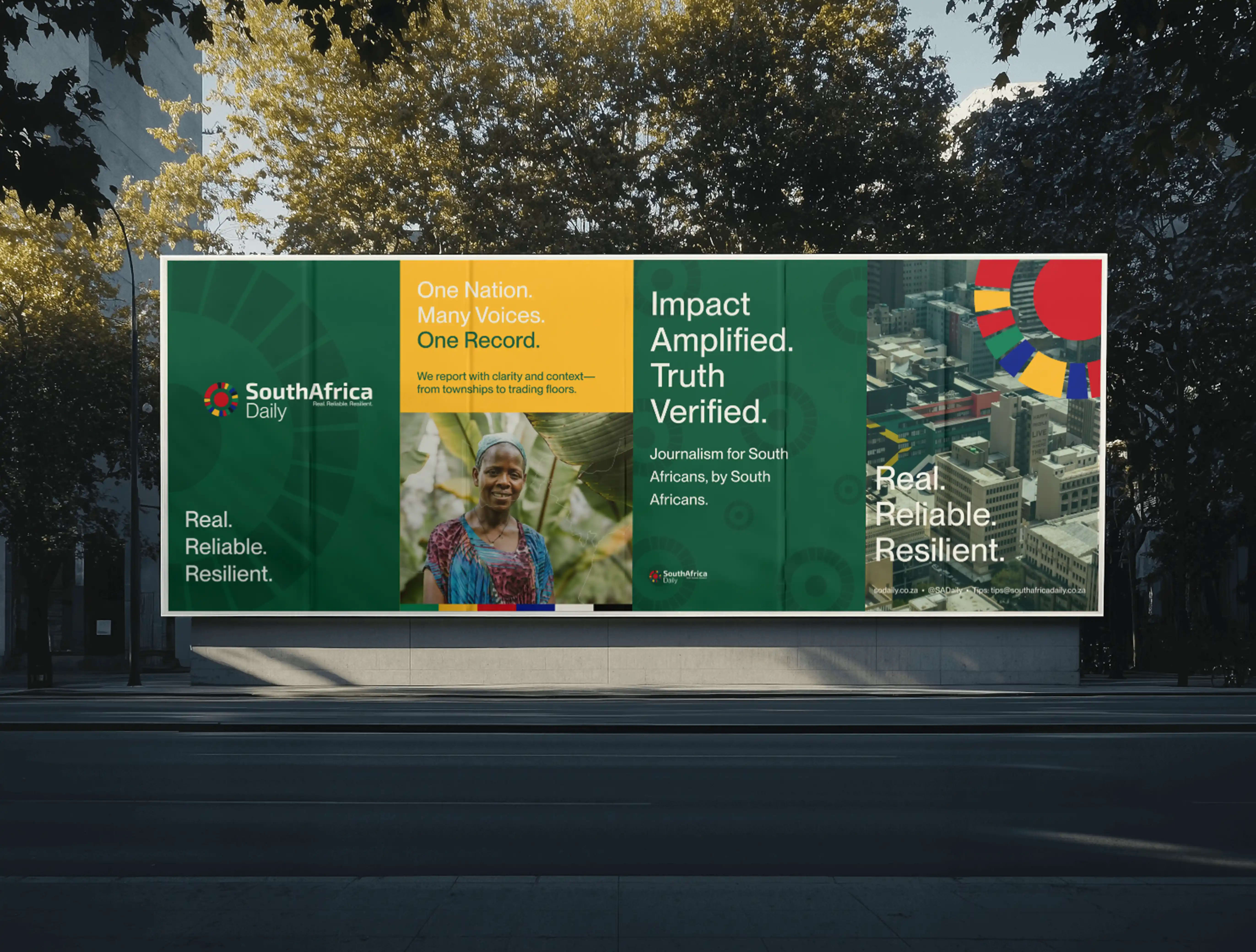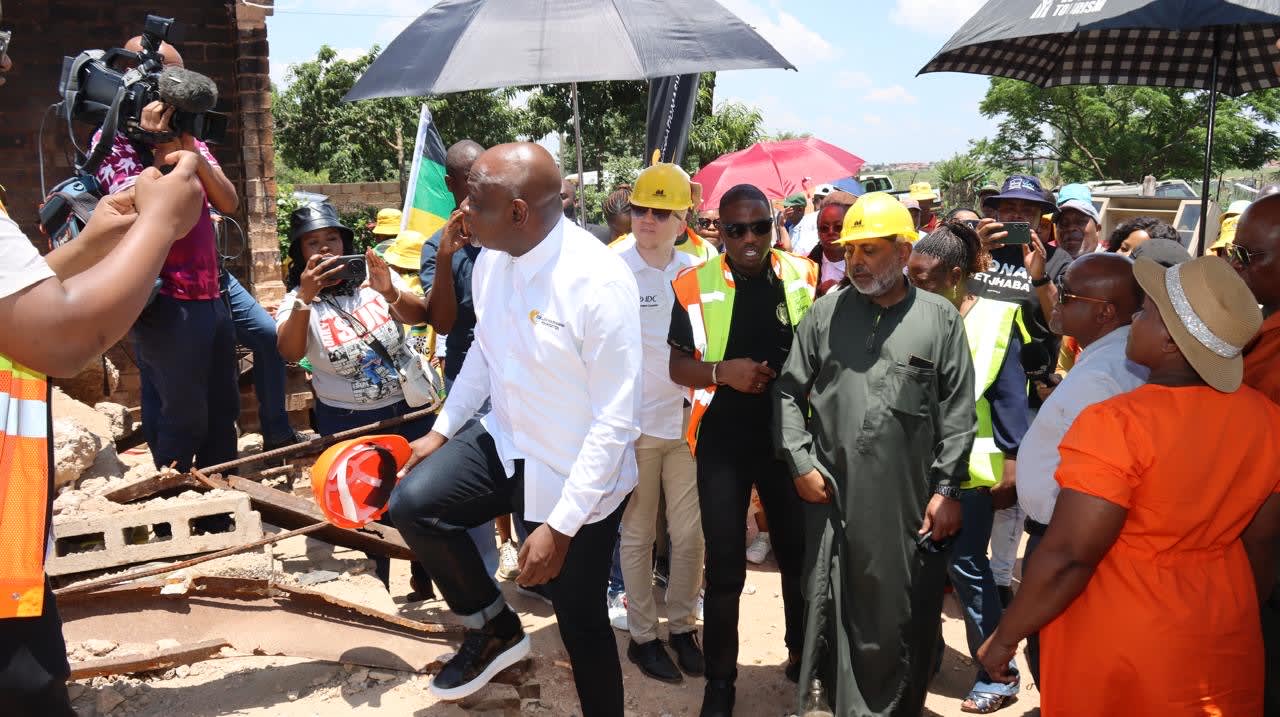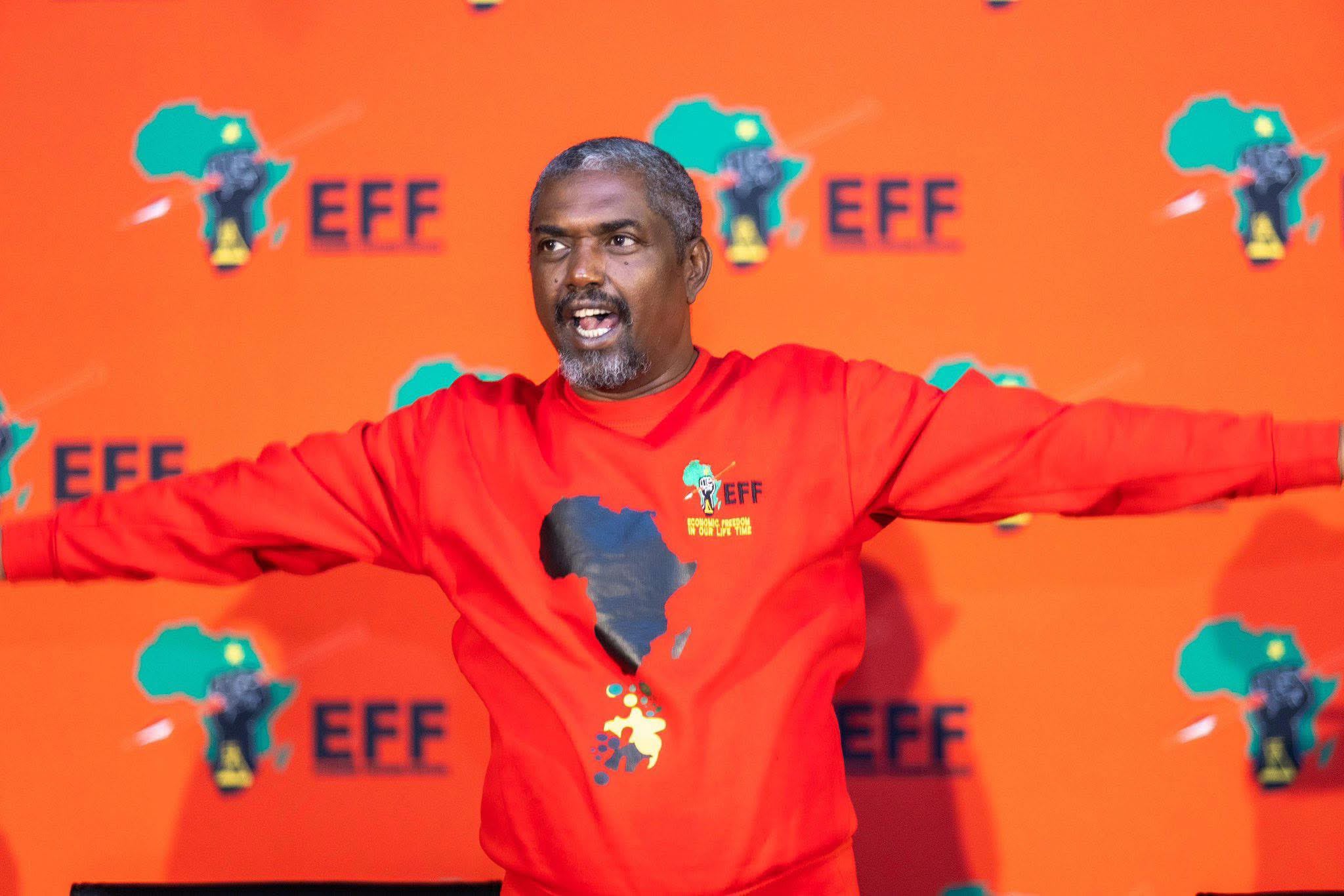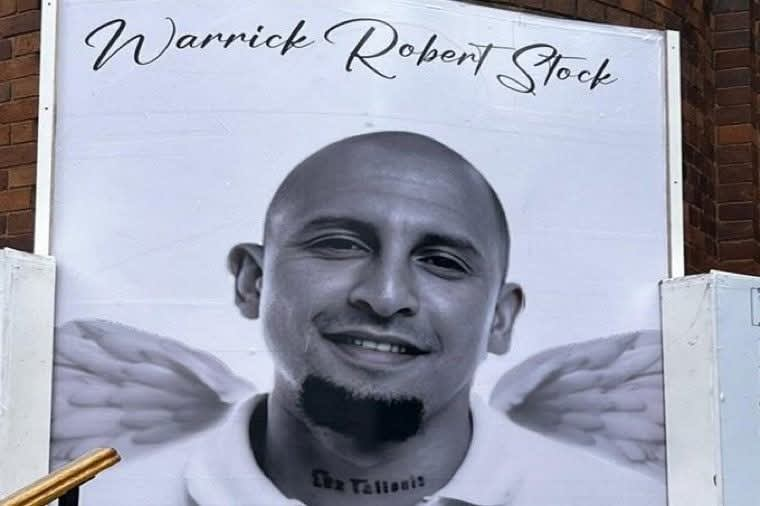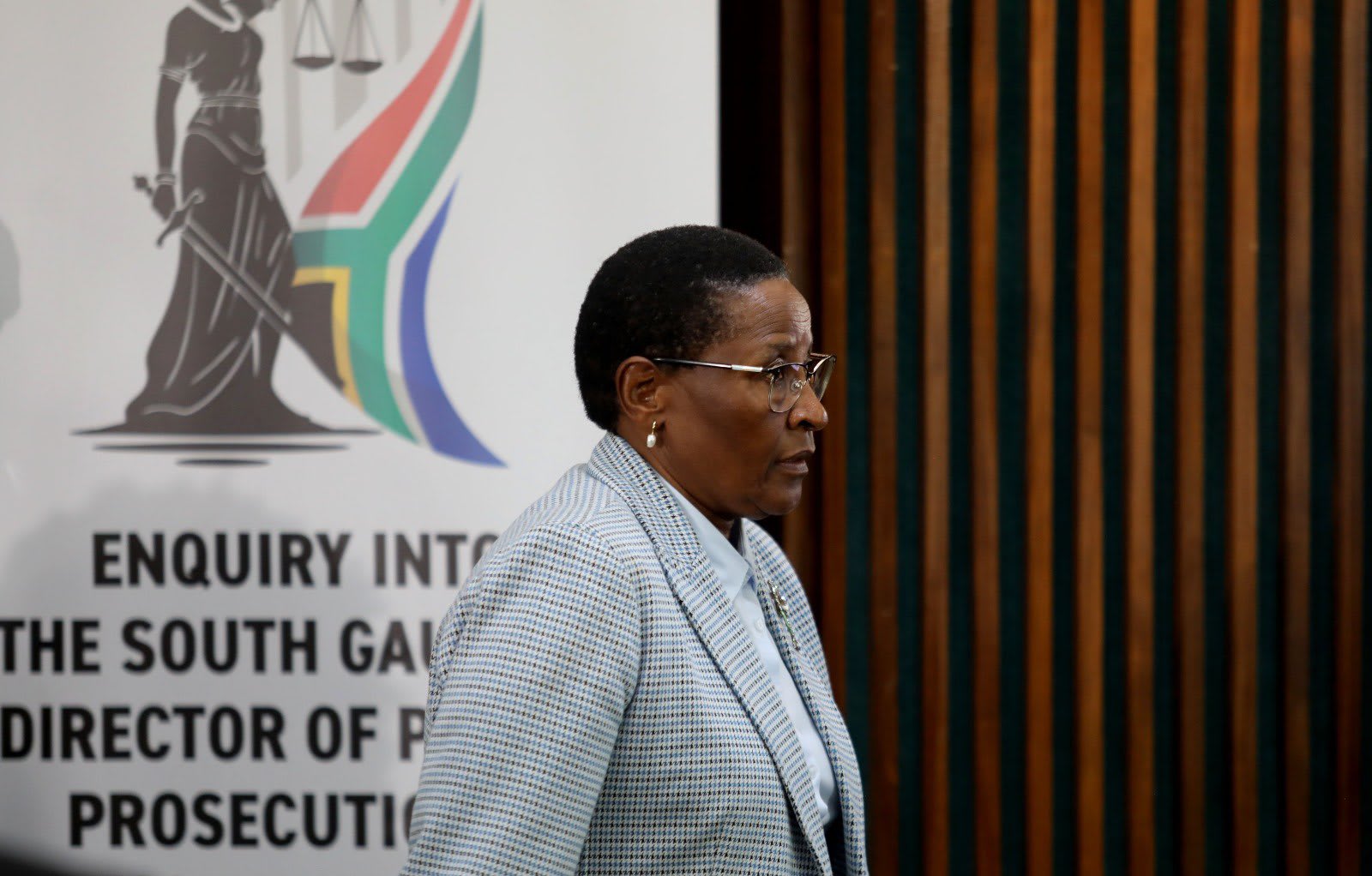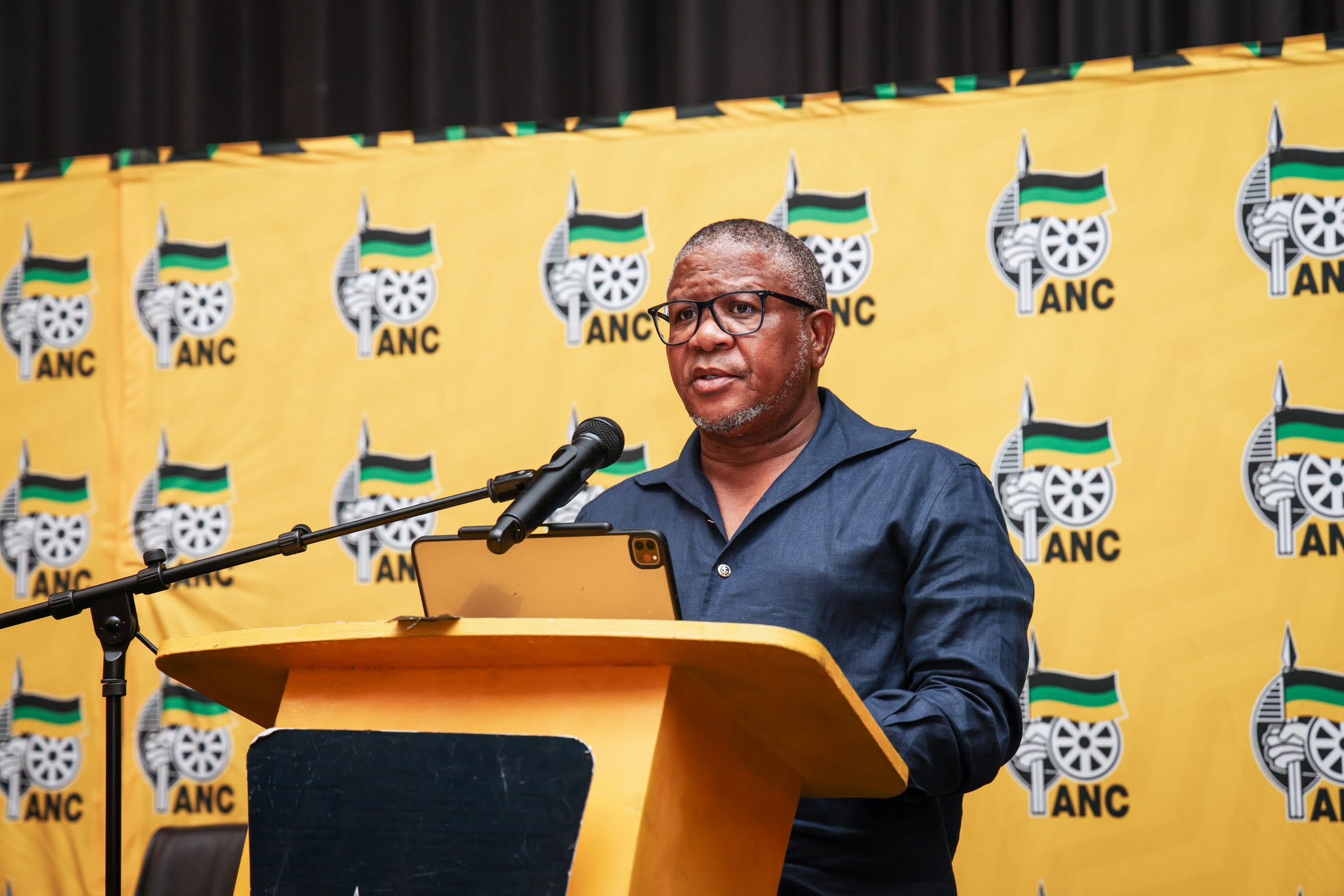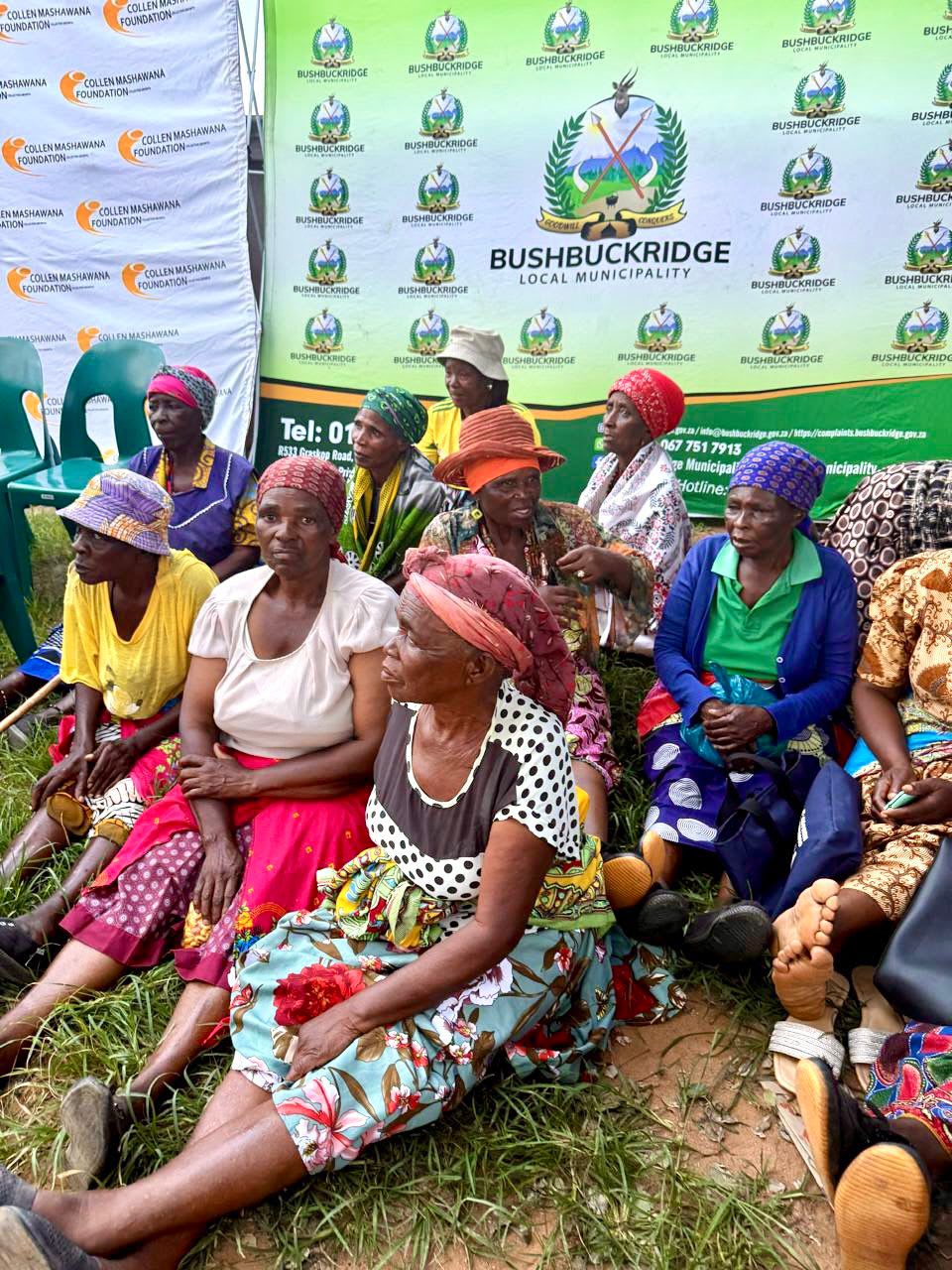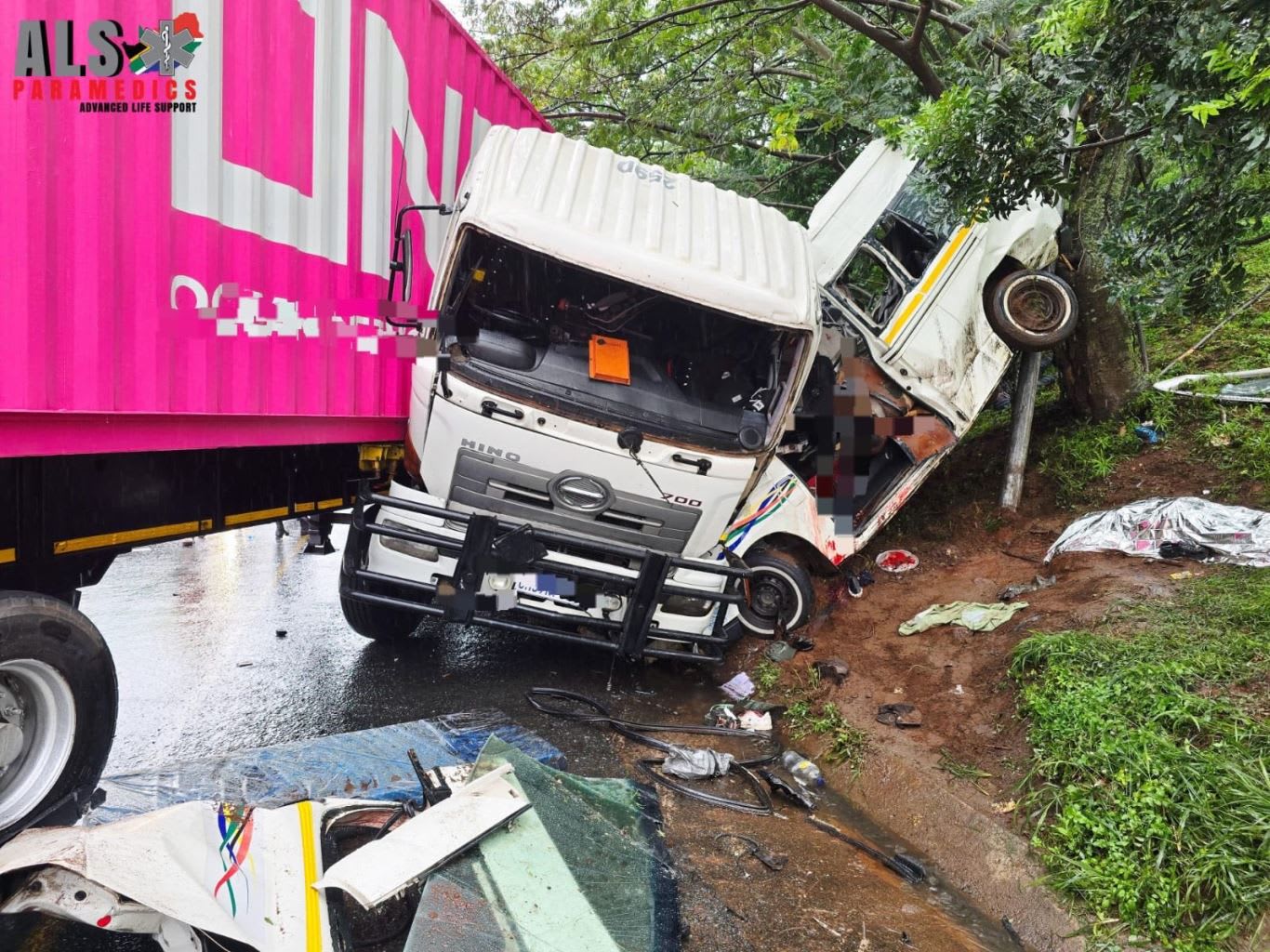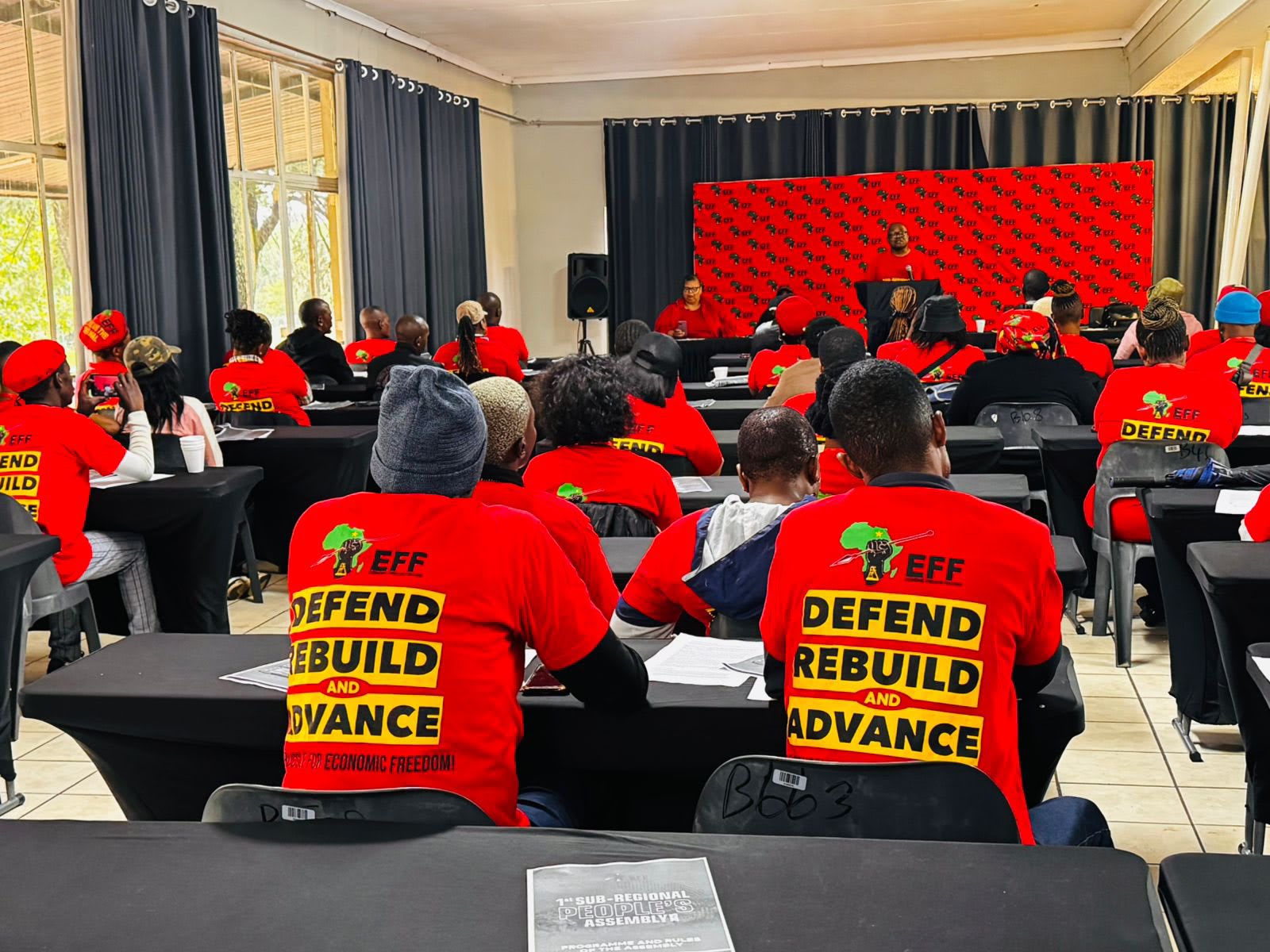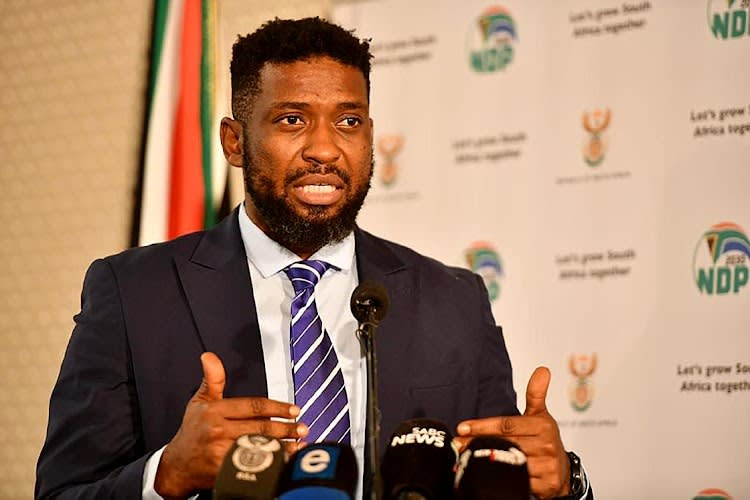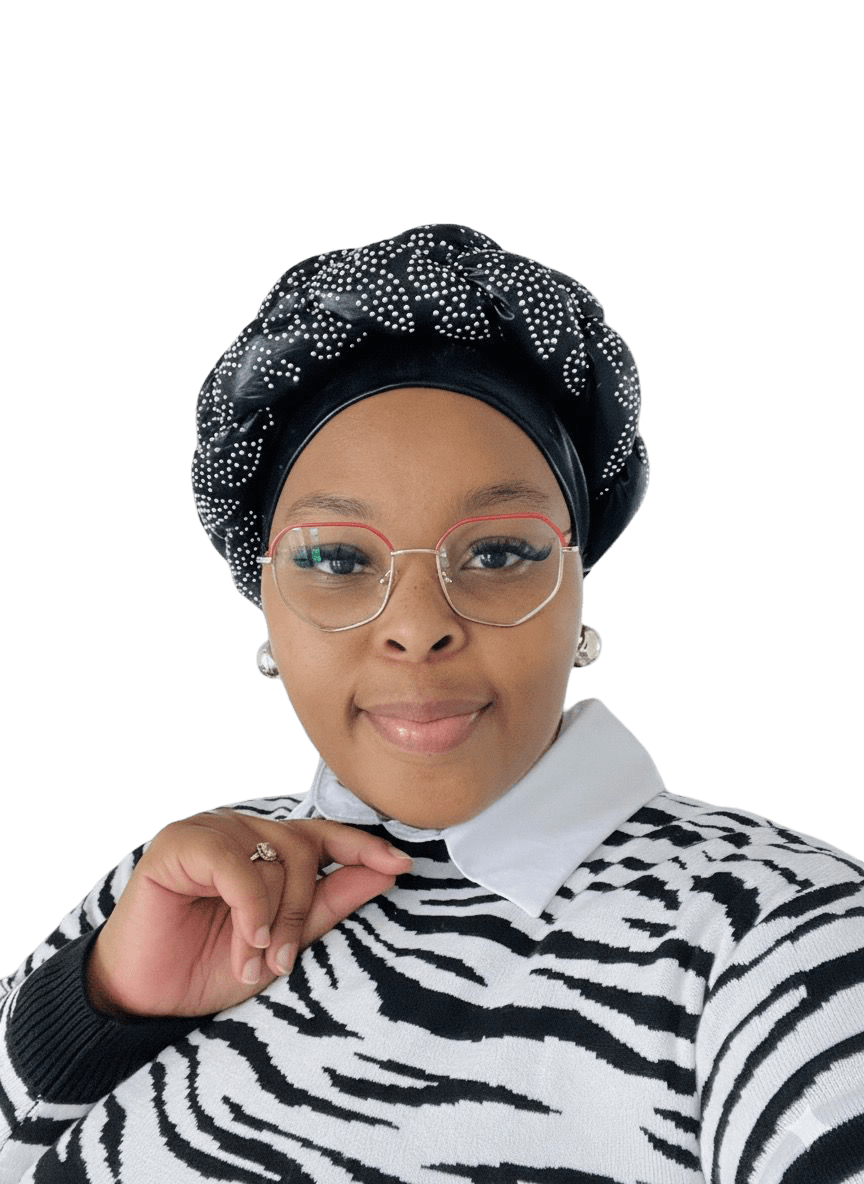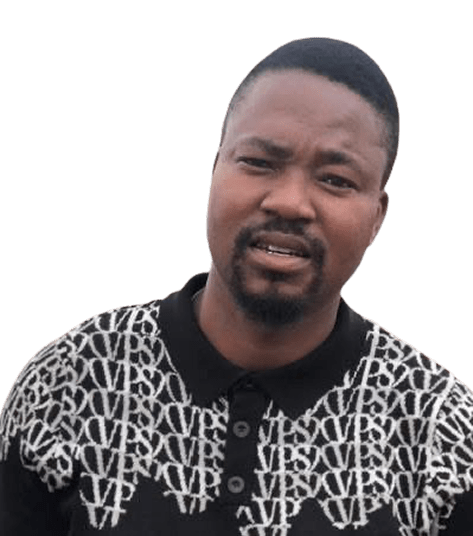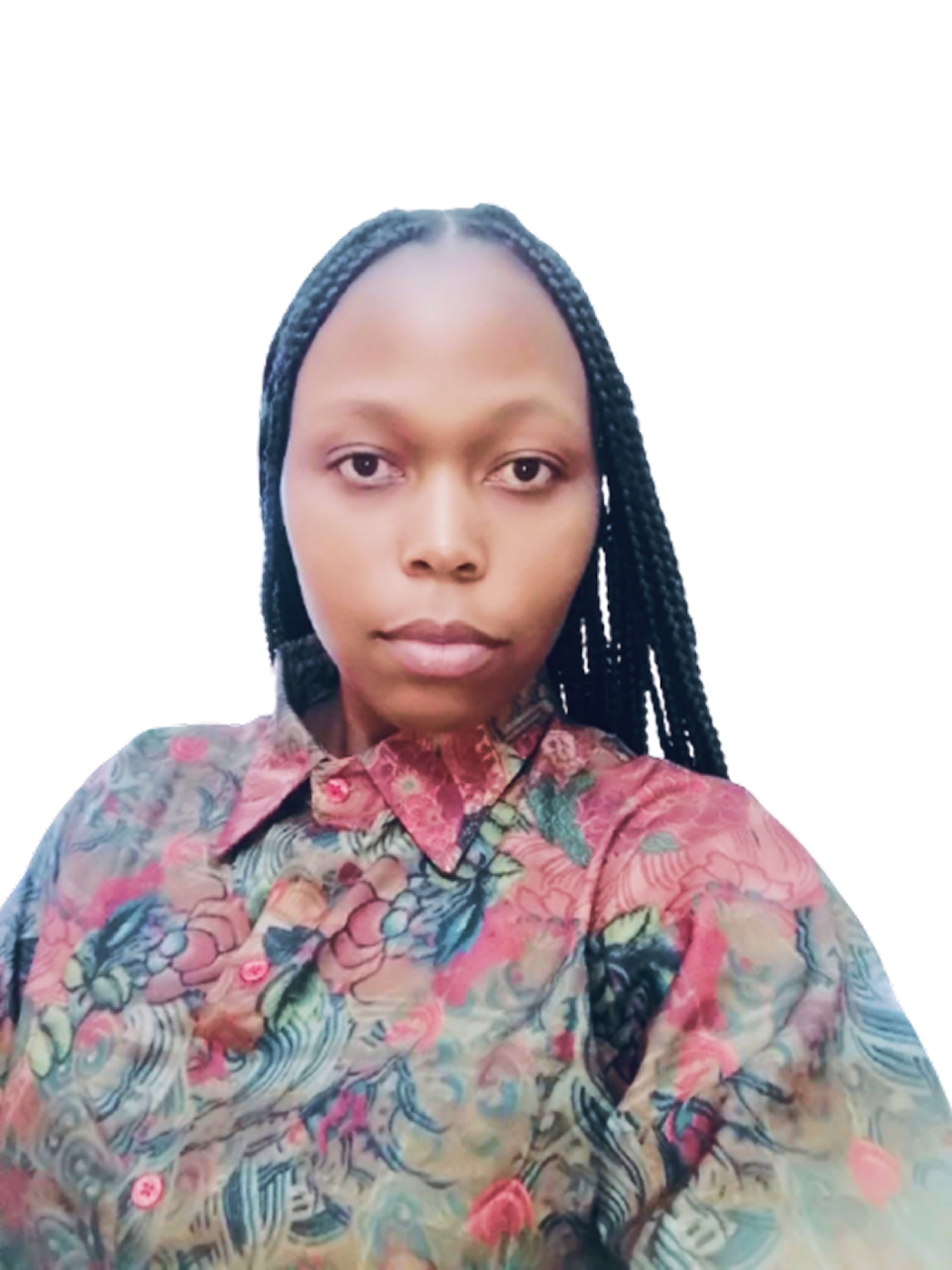Cyril Ramaphosa
19 October marked 39 years since the untimely death of Samora Machel, the revolutionary leader and first President of independent Mozambique, on October 19, 1986. His passing was no accident; it was a cold-blooded assassination orchestrated by the brutal apartheid regime of South Africa.
As a proud member of the Economic Freedom Fighters (EFF), I write this on October 20, 2025, the day after the solemn anniversary of one of Africa’s most tragic losses. Yesterday marked 39 years since the untimely death of Samora Machel, the revolutionary leader and first President of independent Mozambique, on October 19, 1986.
His passing was no accident; it was a cold-blooded assassination orchestrated by the brutal apartheid regime of South Africa. The pain of this loss lingers like an open wound in the collective heart of Africa, a reminder of the vicious lengths to which white supremacist powers would go to crush the flames of liberation. Machel was not just a president; he was a beacon of anti-colonial resistance, a fighter who stood shoulder-to-shoulder with the African National Congress (ANC) and other liberation movements against the monstrous system of apartheid.
His death robbed Mozambique—and indeed the entire continent—of a visionary whose commitment to pan-African unity and economic sovereignty inspired generations. Today, I express the deep, unrelenting anguish that we in the EFF feel, not only for the man we lost but for the justice that has been denied for far too long.
Let me state it unequivocally: I have no doubt that Samora Machel was assassinated by the apartheid regime. The details of that fateful night are etched in history as a testament to their cunning and cruelty. Machel was returning from a summit in Zambia aboard a Tupolev Tu-134 aircraft, en route to land safely in Maputo, Mozambique’s capital. But the plane never made it. Instead, it crashed into the Lebombo Mountains in South Africa, near the border with Mozambique, killing Machel and 33 others on board.
Investigations, including those by the Mozambican government and independent inquiries, have long pointed to foul play. The apartheid forces, desperate to eliminate a key ally of the ANC and a thorn in their side, set up a false navigational beacon. This decoy signal, strategically placed, lured the pilots off course, diverting the flight from its intended path over Mozambican airspace into South African territory.
The regime provided precise location data and all relevant details to ensure the plane’s deviation, leading to the catastrophic crash. This was no mere aviation mishap; it was a meticulously planned assassination, a covert operation designed to decapitate Mozambique’s leadership and weaken the regional front against apartheid.
The outrage boils within me as I reflect on how the architects of this heinous act evaded accountability. Figures like P.W. Botha, the iron-fisted Prime Minister and later President of apartheid South Africa, and Magnus Malan, his Minister of Defence, were central to the regime’s machinery of terror. Botha, with his infamous “total strategy” doctrine, oversaw a web of destabilization campaigns across southern Africa, including assassinations, bombings, and proxy wars.
Malan, as head of the military, directed operations that sowed chaos in neighboring countries to protect white minority rule. Yet, these men, responsible for countless atrocities, including Machel’s murder, were never hauled before a court of justice. They died quietly in their beds at home—Botha in 2006 and Malan in 2011—surrounded by the comforts their ill-gotten privileges afforded them. This is an abomination, a slap in the face to the victims of apartheid and a betrayal of the promise of post-1994 South Africa. How can we claim to have transitioned to democracy when the blood of our heroes stains the hands of those who slipped away unpunished?
But the story does not end with the dead. There are those still alive who bear responsibility, who possess intimate knowledge of how Samora Machel was assassinated. We must not allow them to follow in the footsteps of Botha and Malan, fading into obscurity without facing the consequences. These individuals were part of the apartheid state apparatus, complicit in its most dastardly acts.
They thwarted the aspirations of Mozambique’s people and deprived Africa of one of its greatest liberation fighters and iconic leaders. Machel’s legacy—as a guerrilla commander who led FRELIMO to victory against Portuguese colonialism, as a socialist president who championed land reform and education, and as a pan-Africanist who supported anti-apartheid struggles—demands that we pursue justice relentlessly. To let these perpetrators die peacefully would be to compound the original crime, allowing history to be whitewashed and the wounds of colonialism to fester.
One such figure who looms large in this narrative is Roelf Meyer. At the time of Machel’s assassination, Meyer was a senior leader and cabinet minister in the racist apartheid National Party regime. He served as Deputy Minister of Law and Order and later as Minister of Defence, positions that placed him at the heart of the state’s repressive machinery.
More crucially, Meyer was a member of the State Security Council (SSC), the shadowy body that coordinated apartheid’s “total onslaught” against perceived enemies, both internal and external. The SSC was the nerve center for operations like the one that felled Machel’s plane, approving cross-border raids, assassinations, and destabilization efforts. Given his roles, Meyer certainly must know what happened to Samora Machel. He was not a peripheral player; he was embedded in the decision-making circles that orchestrated such acts of terror.
If Meyer truly wants to be seen as a patriot and do something good for South Africa and the continent, now is the time for him to speak. He owes it to Machel’s children, his entire family, and all of us who revere Machel’s memory. Tell us how they killed him. Reveal the full extent of the plot: the installation of the false beacon, the intelligence sharing, the cover-up that followed. Such a confession could begin to heal the scars of history and affirm that no one is above the law.
Sadly, one does not hold one’s breath that Meyer will talk and tell the truth of what he knows. He remains an unrepentant white supremacist and racist, steadfast in the ideology that fueled apartheid’s horrors. Instead of atonement, Meyer has reinvented himself as a peacemaker, hobnobbing all over South Africa with figures like Cyril Ramaphosa.
The two are best friends, with Meyer even participating in the so-called National Dialogue, a forum that purports to address South Africa’s challenges but serves as a veneer for elite pacts. This alliance is no coincidence; it is a continuation of the old guard’s influence. Meyer, the very same racist agent, is single-mindedly carrying out his mission now as the handler of Ramaphosa.
Through this relationship, he perpetuates the marginalization of the majority of South Africans, ensuring the continuation of economic exploitation and inequalities that define our society. Remember, Meyer was a key negotiator at the Convention for a Democratic South Africa (CODESA) in the early 1990s, where he helped manipulate the talks to safeguard white economic privileges. The sunset clauses, property protections, and economic frameworks agreed upon there entrenched the disparities we fight against today in the EFF—landlessness, poverty, and corporate dominance by a white monopoly capital that Meyer so deftly protected.
This is not justice; it is a total aberration of justice. People like Roelf Meyer must not be protected by figures like Cyril Ramaphosa, who acts as a comprador capitalist, complicit in upholding the status quo. Ramaphosa, with his mining magnate background and ANC presidency, has become the face of a government that prioritizes elite interests over radical transformation. By shielding Meyer and others, he betrays the liberation struggle that Machel died supporting.
We in the EFF demand exposure: these individuals must come clean, face the consequences of their actions, and be held accountable. Even in their old age, they must be charged, arrested, and sentenced for their roles in assassinations and other crimes against humanity. The Truth and Reconciliation Commission (TRC) failed to deliver full justice, granting amnesties that allowed perpetrators to walk free while victims’ families endured unending grief. We cannot repeat that mistake. International courts, like the International Criminal Court, or renewed national inquiries must be pursued to ensure accountability.
The assassination of Samora Machel was a blow to African sovereignty, a calculated move to maintain colonial-era divisions and economic subjugation. Mozambique suffered immensely in the aftermath, plunging deeper into civil war fueled by apartheid-backed RENAMO rebels. The continent lost a leader who envisioned a united Africa free from imperialism. In the EFF, we honor Machel by fighting for economic freedom, land expropriation without compensation, and the dismantling of white monopoly capital—principles he embodied. But true honor requires justice. Let us not forget: the false beacon that diverted Machel’s plane symbolizes the deceit that still plagues our politics. It’s time to redirect the course of history toward accountability.
Yesterday, on the 39th anniversary, Josina Machel—Samora’s daughter, a fierce human rights activist in her own right—poured out her heart in a poignant X post that has left us all reeling. “Pai,” she began, addressing her father in Portuguese with raw intimacy, “It’s been 39 years of missing you. It’s been 39 years of waiting to know what happened to you. It’s 39 years of seeking justice! I cry for you. Mozambique cries for you. SADC cried for you. Africa cries for you… a giant of its land.”
Accompanied by a powerful image of Machel saluting from the doorway of an aircraft, her words capture the endless ache of absence and the unyielding demand for truth. How heartbreaking it is to witness this intergenerational grief, a daughter’s lament echoing across decades, reminding us that the personal toll of political murder knows no expiration date. Josina’s voice amplifies the chorus of sorrow—from Maputo’s streets to the halls of the Southern African Development Community (SADC)—and it steels our resolve. Her cry is our cry; her justice is Africa’s justice.
As we mark this anniversary, I call on all progressive forces to join the EFF in demanding truth. Let Machel’s spirit inspire us to confront the unrepentant remnants of apartheid. Only then can Africa heal and rise. The pain of October 19, 1986, endures, but so does our resolve. Justice delayed is justice denied—no more quiet deaths for assassins.

